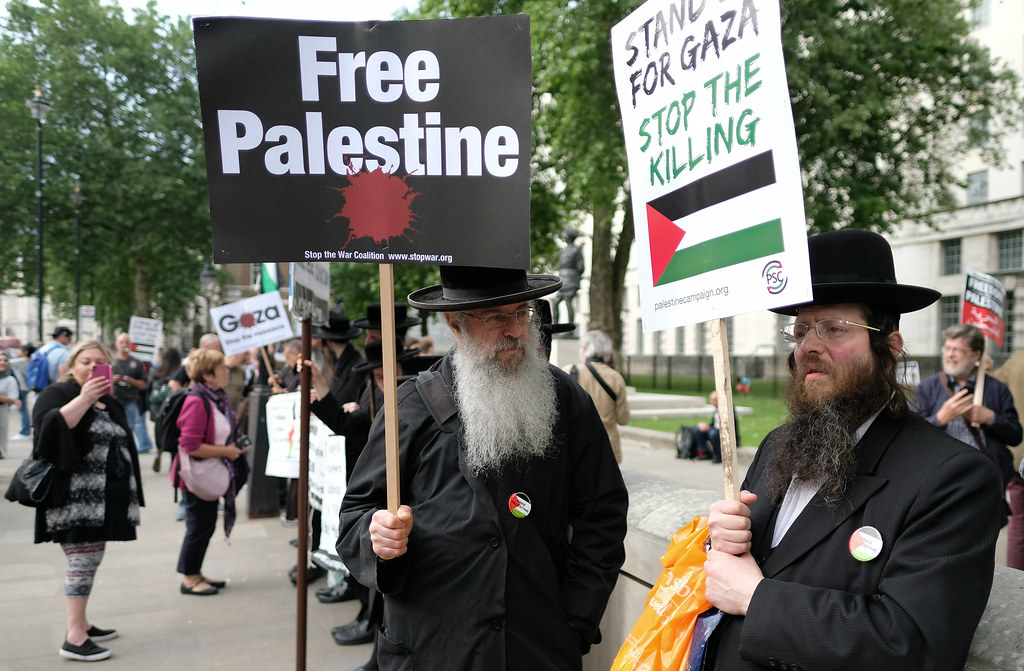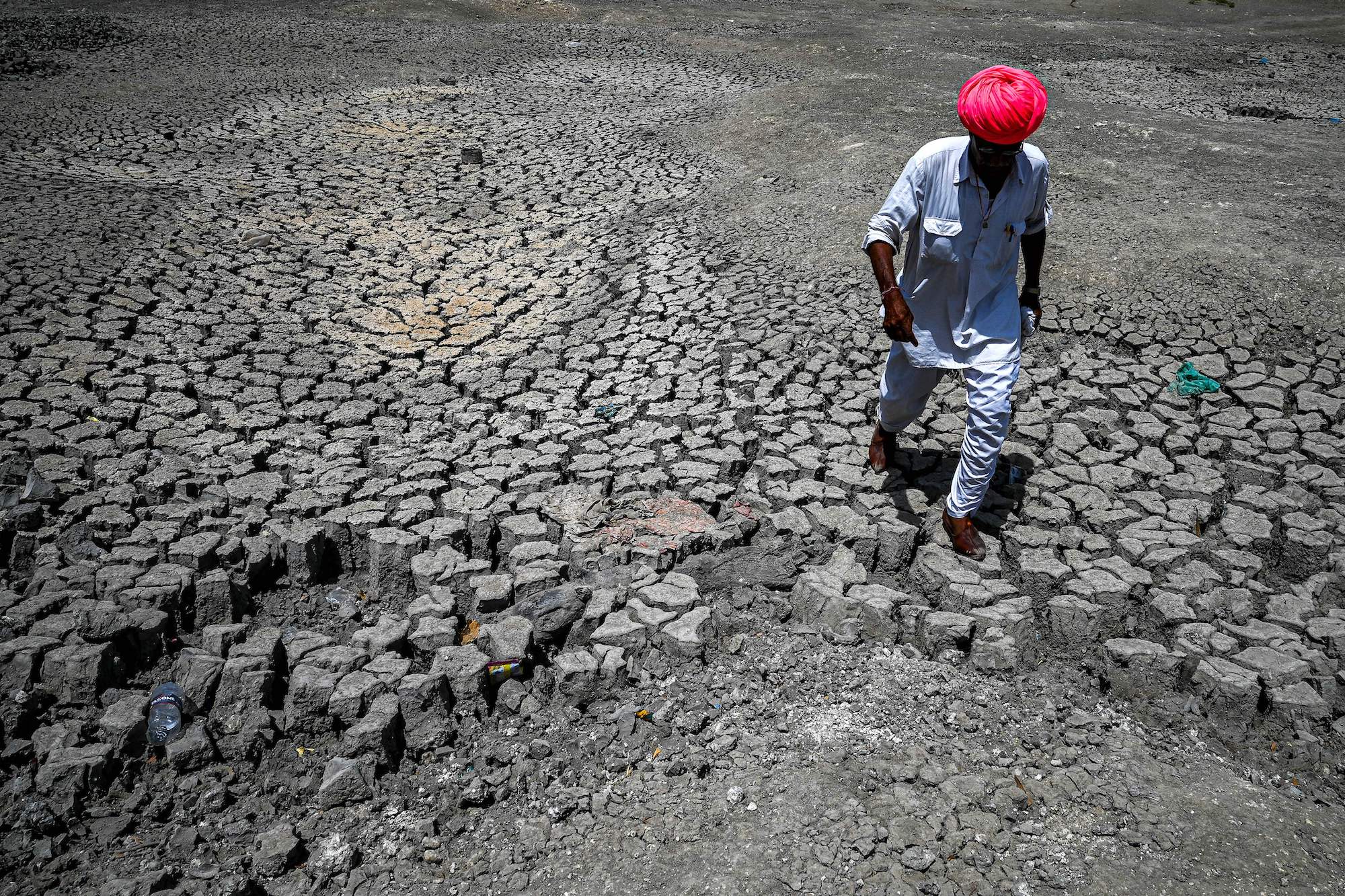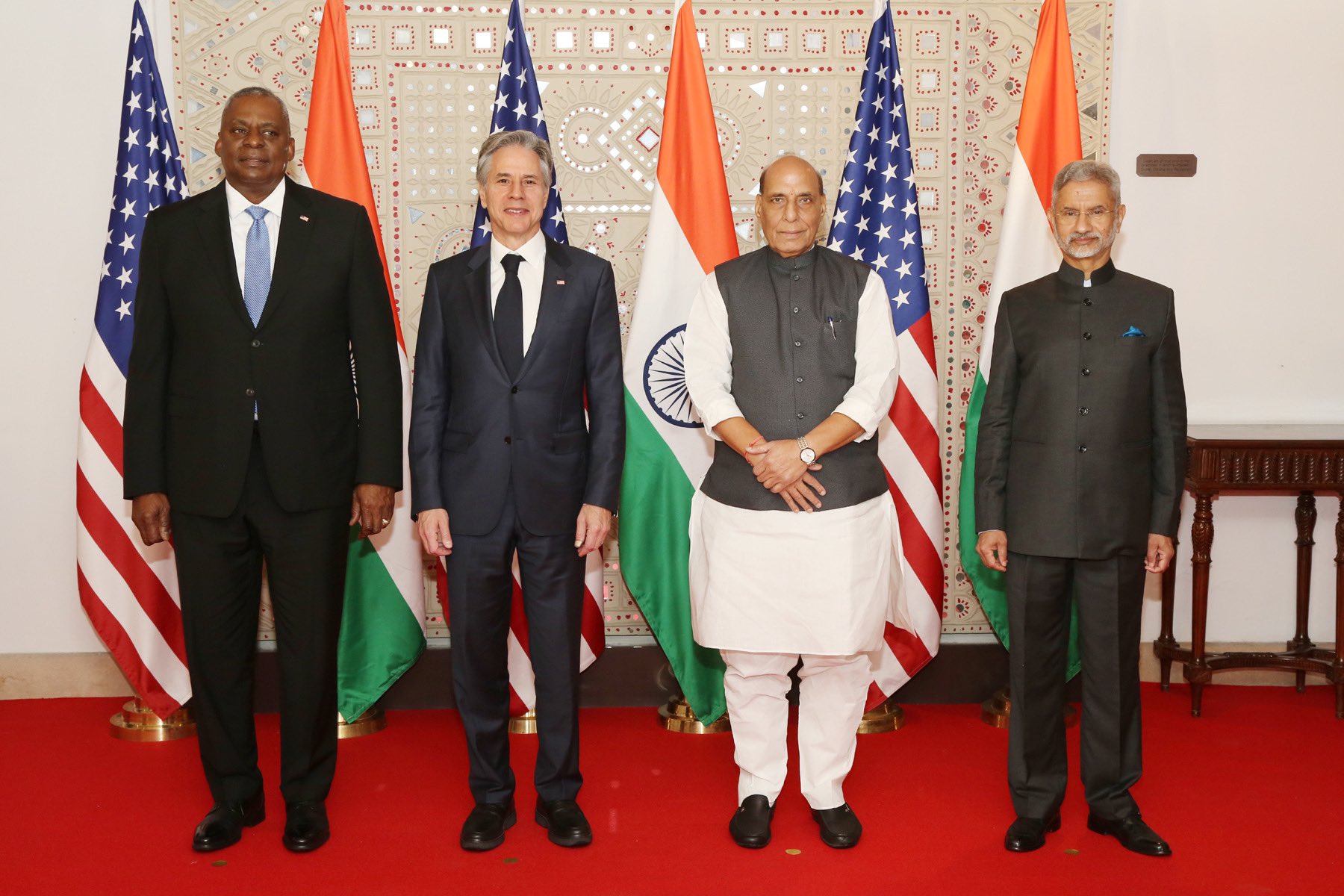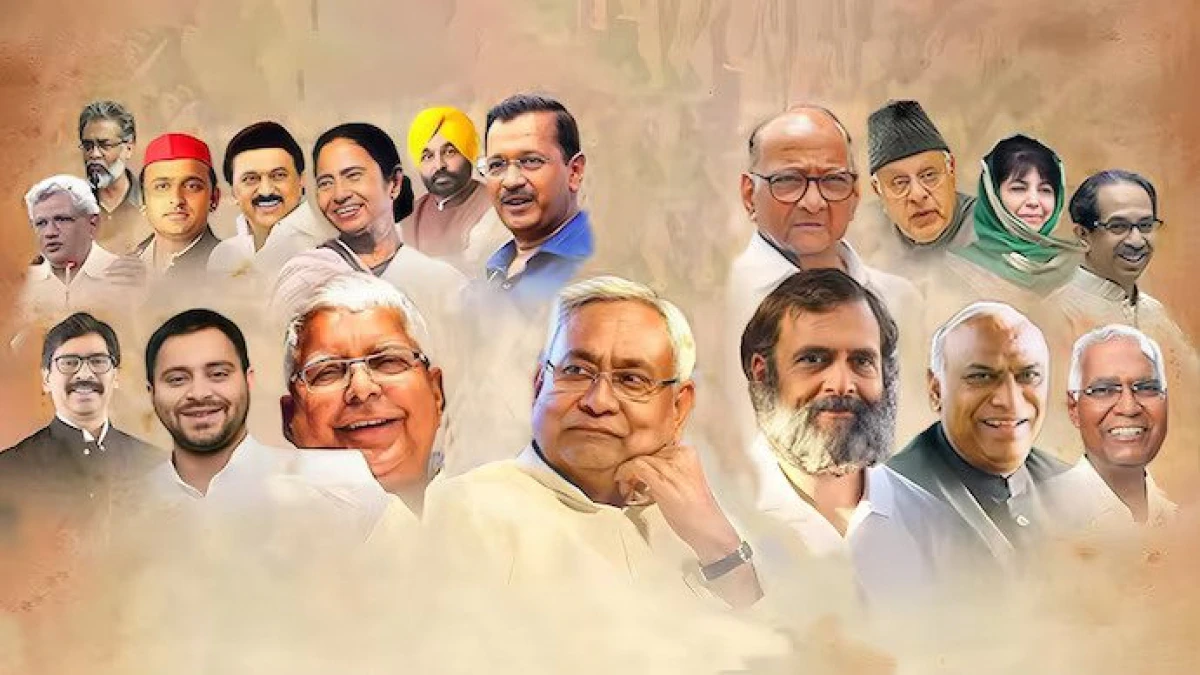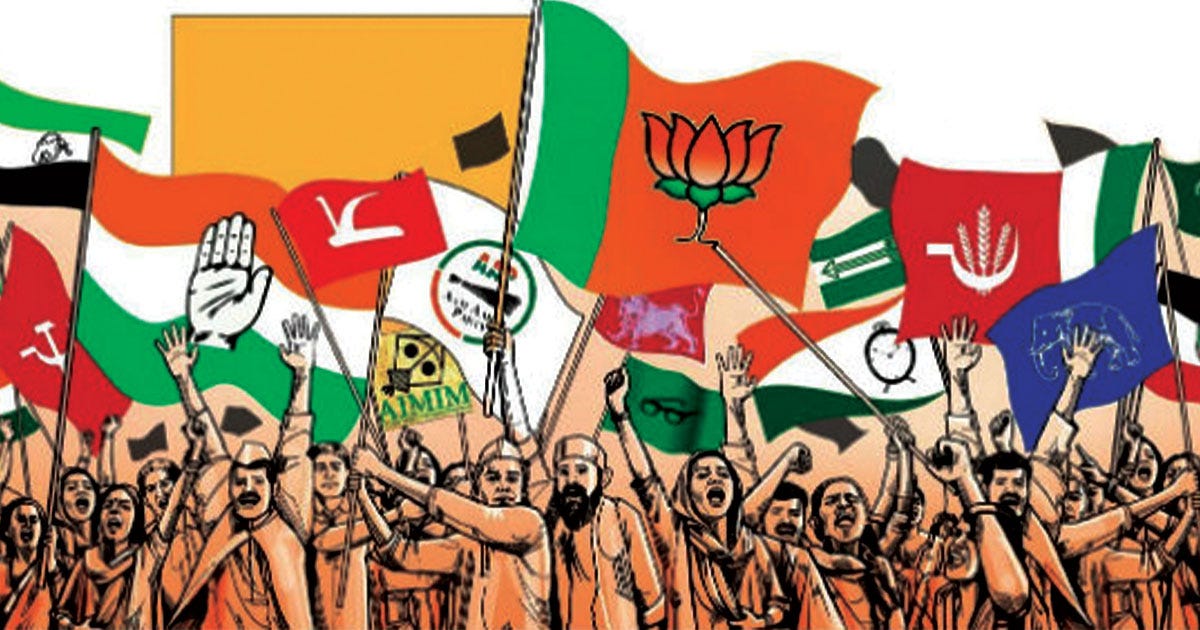The religious and cultural practices of Judaism are not uniform, and the Jewish people exhibit remarkable diversity in their identities, customs, and beliefs. The Jewish population worldwide encompasses a wide range of religious and cultural traditions, from Ashkenazi to Sephardic, from Orthodox to Reform Jews. There are various ways that Jewish people and communities interact with the state, even though Israel is crucial to the religious and national identities of Jews around the world.
It’s important to recognise that not all Jews hold the same political opinions or provide unwavering support for the policies of the Israeli government when talking about the relationship between the Jewish people and Israel. Within the Jewish community, both in Israel and throughout the diaspora, there is a vast range of viewpoints and ideas. While some Jewish people and organisations voice unflinching support for the state, others are critical of many Israeli policies, notably those related to the Israeli-Palestinian conflict.
When survivors of the Nazi genocide went back to their old homes, they were met with hostility. Even many of their neighbours refused to admit the horrors that had been inflicted upon them since others had taken over their homes while they were away. It became more and more sensible to emigrate to Israel, the recently established Jewish state. After seeing the horrific industrialised mass murder of the Holocaust, why wouldn’t a community that had endured centuries of prejudice and persecution just for being who they were look for safety someplace where they would be accepted and, ideally, safe? Judt stated bluntly that the express purpose of the Nazi Final Solution was to “Judenrein,” or the cleaning out of Jews, and that persistent prejudice ultimately led to the creation of much of continental Europe. France is the only country where a sizable Jewish community still exists.
The assertion implied that many of the Europeans who had supported a Jewish homeland in what had been the British Mandate of Palestine under UN supervision were not allies of the Jewish people. They merely desired their removal.
There was no one who more embodied this than Arthur Balfour, the British Foreign Secretary in 1917, who promised a homeland for Jews in Palestine in a letter to Lord Rotschild intended for the Zionist Federation of Great Britain and Ireland. Balfour did not act with much sympathy for Jews, as the Israeli historian Tom Segev demonstrates in his superb history of the Mandate period, One Palestine, Complete. Rather, for more complex reasons that resembled antisemitic tales of Jewish manipulators ruling the world, he thought that Jews had great influence over both the leadership of the United States and the Bolshevik cause. He wanted them to be “onside” with the British Empire during World War I.
For the Zionist movement, which at the time consisted of a relatively small portion of the greater Jewish community, the Balfour Declaration was both an unachievable promise and a poisoned chalice. The proclamation stated that the establishment of a nation could not come at the expense of non-Jewish communities’ civil and religious rights, despite its promise of a country. The Jewish population in Mandatory Palestine at the time was a very small minority in what are now the internationally accepted borders of Israel prior to 1967. Before the genocidal Nazi regime came to power, migration into Palestine was sluggish. Even then, the Arab populations in the area, the Palestinians, resisted, and the neighbouring Arab states became hostile because they did not see the need to establish a Jewish homeland in Palestine.
Of course, there was another way to address the question of how to establish a Jewish homeland in a country where Jews were a minority—the same way that the US, Canada, Australia, and New Zealand became majority European states. For generations, settler colonial groups had practiced ethnic cleansing against “natives,” while anti-colonial movements were still a long way from becoming well-known. However, the conspicuous absence of this poison in the cup revealed its existence. The Zionist slogan “a land with no people for a people with no land” attempted, at least in words, to rid Mandatory Palestine of the large number of non-Jewish inhabitants.
The ethnic cleansing of a sizable portion of the Palestinian population became a secondary objective in the conflict that followed Israel’s founding, leaving Jews to make up the majority inside the newly acknowledged state’s borders by the UN. It makes sense that the ultimate goal for a Jewish community that witnessed its near extinction during the Holocaust would be to provide a safe haven for its members.
However, guilt was also transferred along with the people who were uprooted during the migration from Europe to what would become Israel. Anti-Semitic violent hatred was now attributed to Arabs who refused to recognise a Jewish state, including Palestinians whose relatives had been killed, raped, and ethnically exterminated from their territories. The same people who had practiced anti-Semitism for generations suddenly presented themselves as “enlightened” and gave lectures about it to the rest of the world. There is enough anti-Semitism to go around, to be fair. Many of the individuals who voiced their outrage at the injustices committed against the Palestinians did not make a distinction between Israeli policies and Jews, and as a result, they fostered a homicidal hatred of Jews that was once the cause of pogroms throughout Europe.
But this was great news for bigots. They could take pleasure in watching a group of people they detested—the Jews—fight against another group of hated people, the “natives.” Significant portions of Europe have never faced or abandoned their colonial or anti-Semitic beliefs. This has the added benefit that, should Jews be found guilty of crimes against humanity, this could be exploited to (illegitimately) normalise previous atrocities against the Jewish people.
This history is significant because all these paradoxes become more evident at a time when the violence between Israelis and Palestinians is at an all-time high, save for the establishment of the state. A poisoned gift that granted them a state at the expense of the dignity of another people was delivered to the Israelis. Some of them, the radical right, have always welcomed this and even now advocate for the ethnic cleansing or annihilation of the last Palestinians. However, a sizable group has always found it difficult to make sense of these problems, understanding that their tragedy was the result of two needs being pitted against one another: the Palestinians’ need for human dignity and the Jews’ need for protection.
The non-extremist Israelis need their friends in this situation—those who will work with them to find a fair solution that will at least partially address this unanswerable question. Sadly, they live in a society where the people who support them the loudest are often untrustworthy themselves, and some of them may even be in favour of war crimes, which would negate the horrors that the Jewish people have endured. In an ideal world, they would have found allies among the post-colonial nations that also had to cope with the horrors brought about by European colonialism. Of course, India would have been eligible. Sadly, though, it is now run by precisely the same kind of bigots and anti-Semites that support Israeli radicals in this pointlessly costly war.
Jewish identities, beliefs, and experiences are diverse, and this is reflected in the complex relationship that exists between the Jewish people and the State of Israel. Although many Jews have a special place in their hearts for Israel because it is their ancestral nation, not every Jewish-Israeli connection is the same. Within the Jewish community, there are varying perspectives, which reflect the intricate and always changing dynamics of this relationship. In order to promote meaningful discussion and involvement on the subject of Jews and their relationship with Israel, it is imperative that this complexity be understood.
